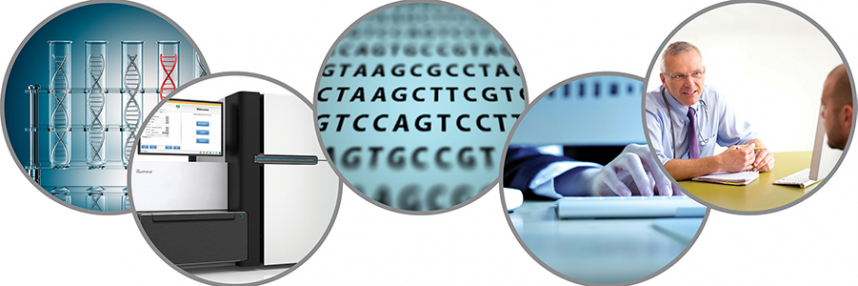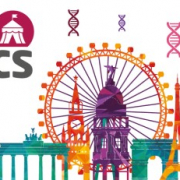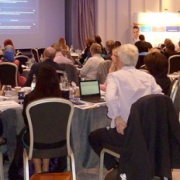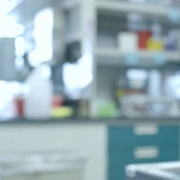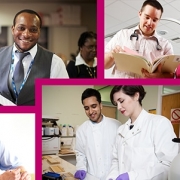Genomics Education Programme on the international stage
Members of the GEP team attended conferences in Australia and Japan, taking the programme to a global audience
Over the last month the Genomics Education Programme (GEP) has taken part in two major worldwide conferences, raising awareness of the work being done by the programme to educate the workforce here in the UK, and also learning more about how other countries are using genomics in healthcare.
Ottawa, Perth
Dr Anneke Seller and Dr Val Davison presented an education workshop detailing the work of the programme, its objectives and resources to date at the Ottawa conference in Perth, Australia – an educational conference attended by medical educators and other healthcare professionals. Discussion was generated with the participants on how they could benefit from the use of our tools and resources in their own settings.
Many of the attendees showed a particular interest in the poster presentation about the online tumour cellularity assessment tool, with many eager to learn more about future tools planned by the programme. In addition, there was a great deal of interest in the master’s level modules in genomic medicine and the existing online tools and resources.
The conference was an excellent opportunity to share experiences and learn about the wealth of work in genomic education, particularly training programmes and their subsequent evaluation processes.
Additional details of the conference programme can be found here.
ICHG, Kyoto
At the start of April, Michelle Bishop presented a summary on the work of the GEP at the International Congress of Human Genetics (ICHG) held in Kyoto, Japan. Over 3200 delegates from across the globe attended the conference, many of which were from clinical and research backgrounds.
The congress opened with a speech from her Imperial Highness Princess Takamado, discussing the positive and negative aspects surrounding our advancing understanding of human genetics. Over the 5 day event, a number of workshops and concurrent sessions covered a wide range of topics from induced pluripotent stem cell research to a debate on whole genome vs whole exome sequencing and the benefits of each.
NHS Genomic Medicine Centres were represented, The 100,000 Genomes project was represented by Dr Mark Caulfield who invited attendees to apply for membership of the recently set up GeCIP domains.
Both conferences were a fantastic opportunity to establish contacts and build international relationships, whilst increasing awareness of the work of the GEP on a global scale.
Details of the ICHG programme can be found here.


